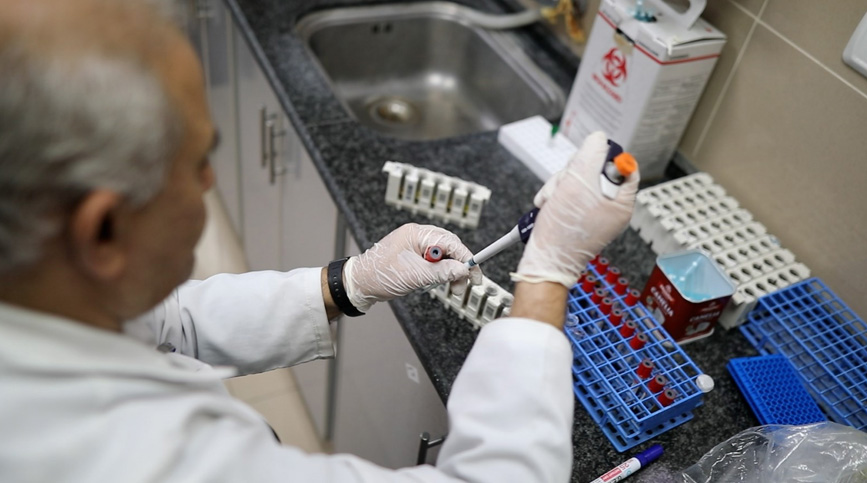
16 October 2024, Doha, Qatar – Antimicrobial resistance (AMR) poses a major threat to health and health systems. The Global Burden of Disease study recently revealed that 1.14 million deaths were linked to bacterial AMR worldwide in 2021 and the World Bank estimated that after 2023 the global GDP shortfall due to AMR would exceed US$ 1 trillion annually, exacerbating economic inequality.
Addressing AMR is critical for achieving several Sustainable Development Goals (SDGs) related to poverty, hunger, health and well-being, water, hygiene and sanitation (WASH), sustainable production and consumption, partnership and economic growth.
Inappropriate use of antibiotics is a major driver of AMR. The Eastern Mediterranean has the highest – and fastest rising – level of antibiotic consumption of any WHO regions, underlining the urgent need for responsible antimicrobial stewardship.
This year is a watershed year for action against AMR. At the 77th World Health Assembly in May 2024, Member States endorsed WHO’s Strategic and operational priorities to address drug-resistant bacterial infections 2025–2035, and the 79th UN General Assembly High-Level Meeting on AMR in September 2024 secured strong political commitment to accelerating action across all sectors, with meaningful and attainable targets.
In November 2024, the Fourth Global High-Level Ministerial Conference on AMR will be hosted by Saudi Arabia, and the Regional Director for the Eastern Mediterranean Region Dr Hanan Balkhy has urged ministers of health, agriculture and the environment, particularly from lower income countries, to attend and use the meeting to advocate for the actions needed to protect their populations.
During the Seventy-first session of the WHO Regional Committee for the Eastern Mediterranean, a technical paper was presented which introduced a plan for collaborative action within the human health sector, and between the health and non-health sectors, to accelerate AMR responses. The plan adapts the WHO people-centred approach to addressing AMR in human health to the regional agenda for building resilient health systems to advance universal health coverage and ensure health security.
Key recommendations for Member States and WHO are divided across 5 strategic priority areas: governance; prevention of infection; access to essential health services; health emergencies and resilience, and the generation of strategic information through surveillance and research. Member States are invited to endorse the AMR technical paper and the resolution.
The Regional Director’s flagship initiatives will further drive these strategies by ensuring timely access to safe medical products and building a sustainable, fit-for-purpose health workforce across the Region.


